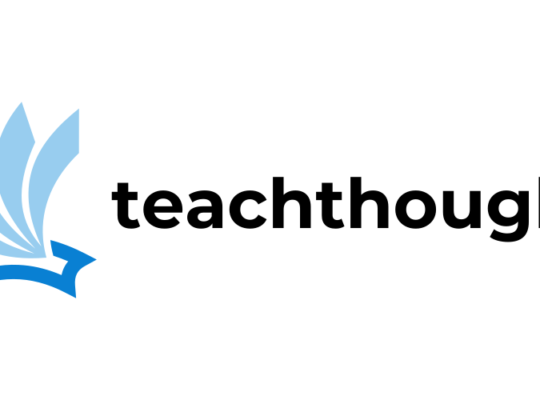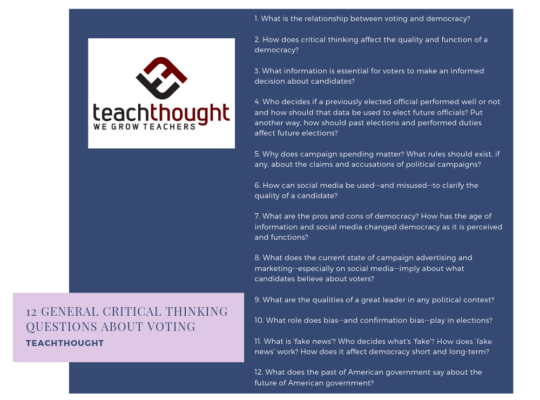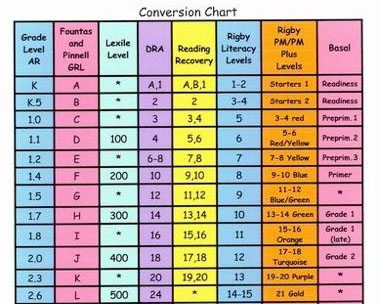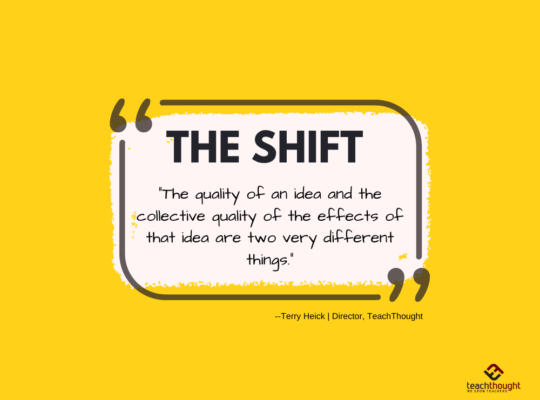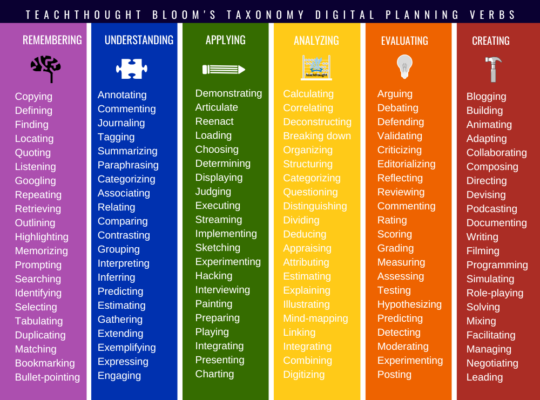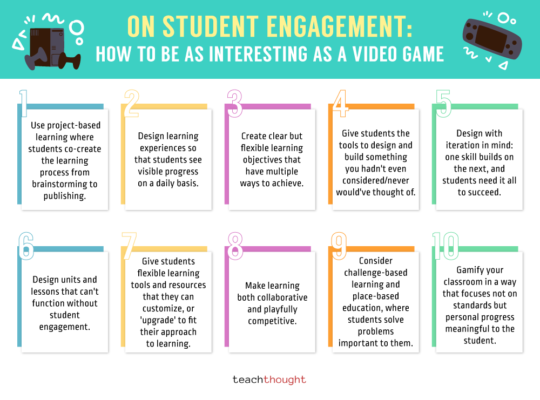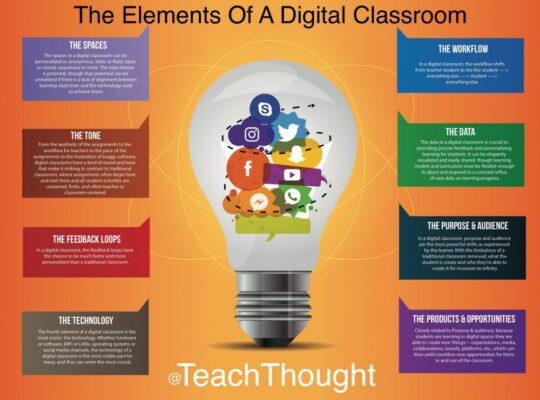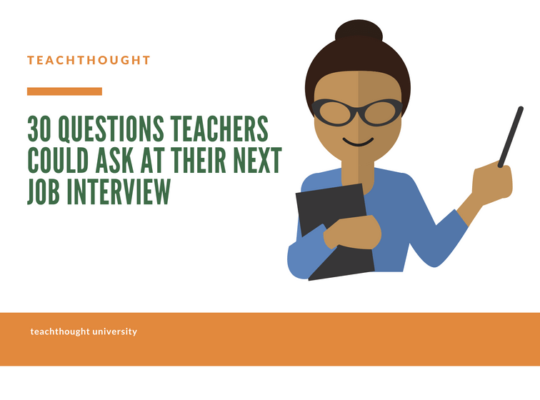
Teach Students To Think Irrationally
by Terry Heick
Formal learning is a humbling thing.
As planners, designers, executors, and general caretakers of public and private education systems, we are tasked with the insurmountable: overcome a child’s natural tendency to play, rebel, and self-direct in hopes of providing them with a ‘good education.’ Reading, writing, arithmetic, etc.
And this isn’t wrong. This is good by almost any measure. Our intent is noble, our effort extraordinary, and certainly the learning of many children, especially those from disadvantaged circumstances, is better than anything they might have had otherwise.
But there’s also an unfortunate, darker side to formal learning processes–especially when you crowd 800 in a school and 32 in a classroom and ‘hold teachers accountable.’
This is a side that can be more concerned with that accountability than anything else–and that means students accountable to teachers, teachers accountable to principals, principals accountable to superintendents, superintendents accountable to state government agencies, and everyone accountable to many measures of ‘motivation’ and/or punitive action.
See also Student Engagement Strategies
The net result can be a learning climate where spontaneity, curiosity, and learner self-direction are secondary to just the right ‘research-based’ literacy strategy to ‘move kids to proficiency’–and a crucial loss of ‘childlishness’ of learning.
It’s within this context that I watched the following video by Adora Svitak, who eloquently (please tell me this child was coached, or else I am going to wish she was also more ‘childish’ herself) discusses the role of ‘immaturity’ in great accomplishments. Regarding ‘childish’ behavior and ‘immaturity,’ she explains:
“Then again, who’s to say that certain types of irrational thinking aren’t exactly what the world needs? Maybe you’ve had grand plans before but stopped yourself, thinking, “That’s impossible,” or, “That costs too much,” or, ‘That won’t benefit me.’
“For better or worse, we kids aren’t hampered as much when it comes to thinking about reasons why not to do things. Kids can be full of inspiring aspirations and hopeful thinking. Like my wish that no one went hungry or that everything were a free kind of utopia. How many of you still dream like that and believe in the possibilities? Sometimes a knowledge of history and the past failures of utopian ideals can be a burden because you know that if everything were free, then the food stocks would become depleted and scarce and lead to chaos. On the other hand, we kids still dream about perfection.
“And that’s a good thing because in order to make anything a reality, you have to dream about it first.”
It’s easy to take that argument a step further and wonder what education would be like if it were able to really lose itself in the learning, and be fully immersed in content and community. Standards? Fine. Assessment? Fine–but standardize the assessment without standardizing the learning.
What if the learning was like the child: irrational, in motion, and in love with discovery?
You can view the video here.
Idea: Teach Students To Think Irrationally; Image attribution flickr user Tim Pierce
Source link



